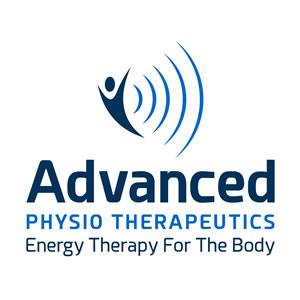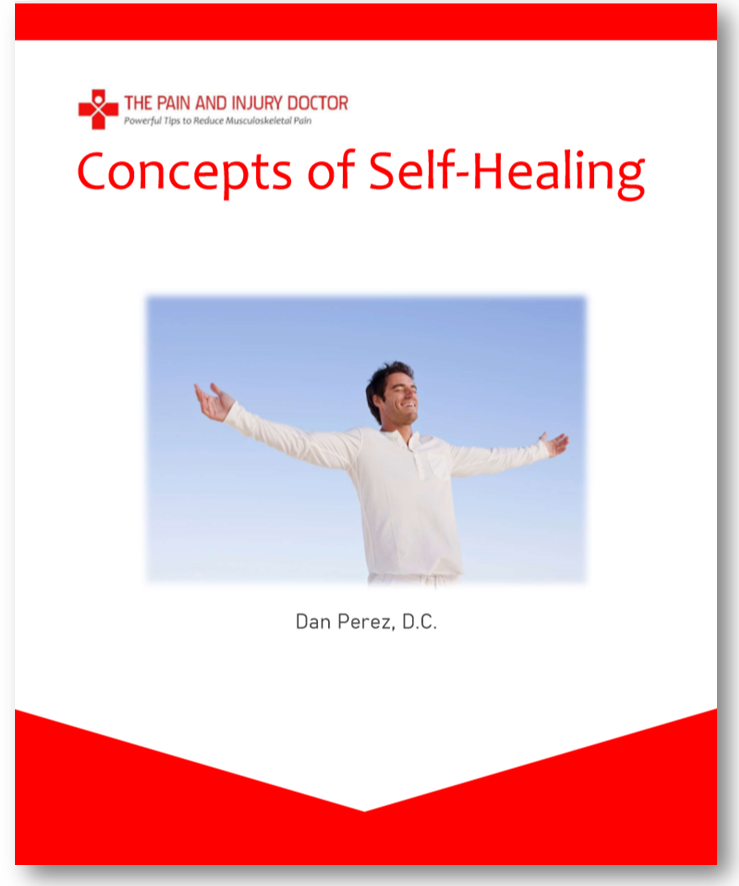In recent years, a concerning trend has emerged in the world of cancer care: more and more individuals under the age of 50 are being diagnosed with various forms of cancer. At the time of this writing, Kate Middleton, the Princess of Wales (age 42) recently announced that she has cancer. She had abdominal surgery in January of this year that was at first thought to be non-cancerous, but later diagnosed as cancerous (no details on the type of cancer have been released at this point). This phenomenon challenges the long-held belief that cancer primarily affects older adults, shedding light on a complex issue that demands attention and action.
Recent studies have revealed startling statistics, indicating a significant rise in early-onset cancer cases globally. From 1990 to 2019, the incidence of early-onset cancer increased by a staggering 79.1%, with a 27.7% rise in early-onset cancer deaths. This trend is particularly evident in the United States, where breast cancer tops the list of diagnoses among younger populations, closely followed by gastrointestinal cancers, including colon cancer which are increasing at an alarming rate. Amazingly, the statistics show that someone born in 1990 has over twice the risk of getting colon cancer than someone born in 1950. In other words, today’s 34 year olds are twice as likely to get colon cancer than today’s 74 year olds!
What factors are contributing to this concerning uptick in early-onset cancer? While genetics play a role, it appears that environmental and lifestyle factors are paramount. Changes in nutrition and lifestyle habits over the past few decades have created a perfect storm, with ultraprocessed foods, sugary drinks, smoking, alcohol consumption, obesity, and physical inactivity identified as potential culprits. These factors can disrupt the body’s internal processes, leading to inflammation and metabolic disturbances that increase cancer risk.
Moreover, emerging research suggests a link between changes in the gut microbiome—a community of microbes residing in our bodies—and cancer vulnerability. Poor dietary choices, excessive antibiotic use, and certain medications can disrupt this delicate balance, potentially facilitating cancer development.
As a long time advocate of using scientific thinking in everyday life, I think of the major environmental changes in society that coincided with the birth of millennials, born between 1981 and 1996, for this generation is getting hit the hardest with this uptick in cancer. What new thing did this generation absorb, starting in their early prepubescent years?
The one that comes to mind is cell phone use. Cell phones started to become mainstream in the late 1990s. Ten years later, about 80% of adults had one. Of course, cell phones needed cell phone towers that carried the signals using radiofrequency waves, and today’s 5G networks have a frequency of about 25-52GHz. Could this be a factor? Yes, everyone who lives in modern society gets exposed to these frequencies, but maybe they do their damage when the body is still developing? This may explain why people born in the 50s and before have about the same rates of cancer over the past decades.
Cancer is also associated with genetics. Certain mutations can be the catalyst for cancer development, and maybe these new cell phone frequencies are able to affect DNA, which is passed onto the offspring?
Another possibility for the rising rates of cancer in young adults is the introduction of new industrial chemicals and food additives in consumer products and the food supply. Chemicals are used for many different purposes, such as fire retardants, fabric manufacturing, materials engineering such as hardwood flooring, agriculture, and more. Sometimes the use of these chemicals in consumer products are rushed for government approval and there hasn’t been enough time to conduct experiments on their toxicity to humans. Ultra processed food have preservatives that help big food corporations produce more food that has longer shelf life and have addictive effects on consumers to encourage repeat buying.
Of course, many of these chemicals can find their way into the water supply and atmosphere, where they continue to be ingested, daily. This is why I encourage everyone to invest in a home water filter and air purifier, like the AirDog. You must be mindful of what goes into your body at all times.
Despite ongoing efforts to understand the root causes of early-onset cancer, many questions remain unanswered. While obesity and lifestyle factors explain some cases, there are instances where seemingly healthy individuals are diagnosed, highlighting the complexity of this issue. Additionally, underdiagnosis of early-onset cancers remains prevalent, emphasizing the need for improved awareness among primary care physicians and proactive advocacy by patients.
The consequences of early-onset cancer extend beyond diagnosis and treatment. Younger patients face unique challenges, including concerns about fertility, long-term side effects of treatment, and the impact on daily responsibilities such as work and education. Addressing these challenges requires a holistic approach that encompasses not only medical treatment but also psychological support and long-term care planning.
As we grapple with the implications of this unsettling trend, there is a pressing need for collective action. This includes increased funding for research, education campaigns to raise awareness among both healthcare professionals and the general public, and revisions to screening guidelines to ensure early detection and intervention. Recent recommendations to lower the age for colorectal cancer screening reflect a step in the right direction, but more must be done to address the multifaceted nature of early-onset cancer.
In conclusion, the rise in early-onset cancer cases serves as a sobering reminder of the complexities of this disease and the importance of proactive measures to combat it. By working together to understand the underlying causes, improve detection and diagnosis, and support affected individuals, we can strive towards a future where cancer is no longer a threat to individuals of any age.








